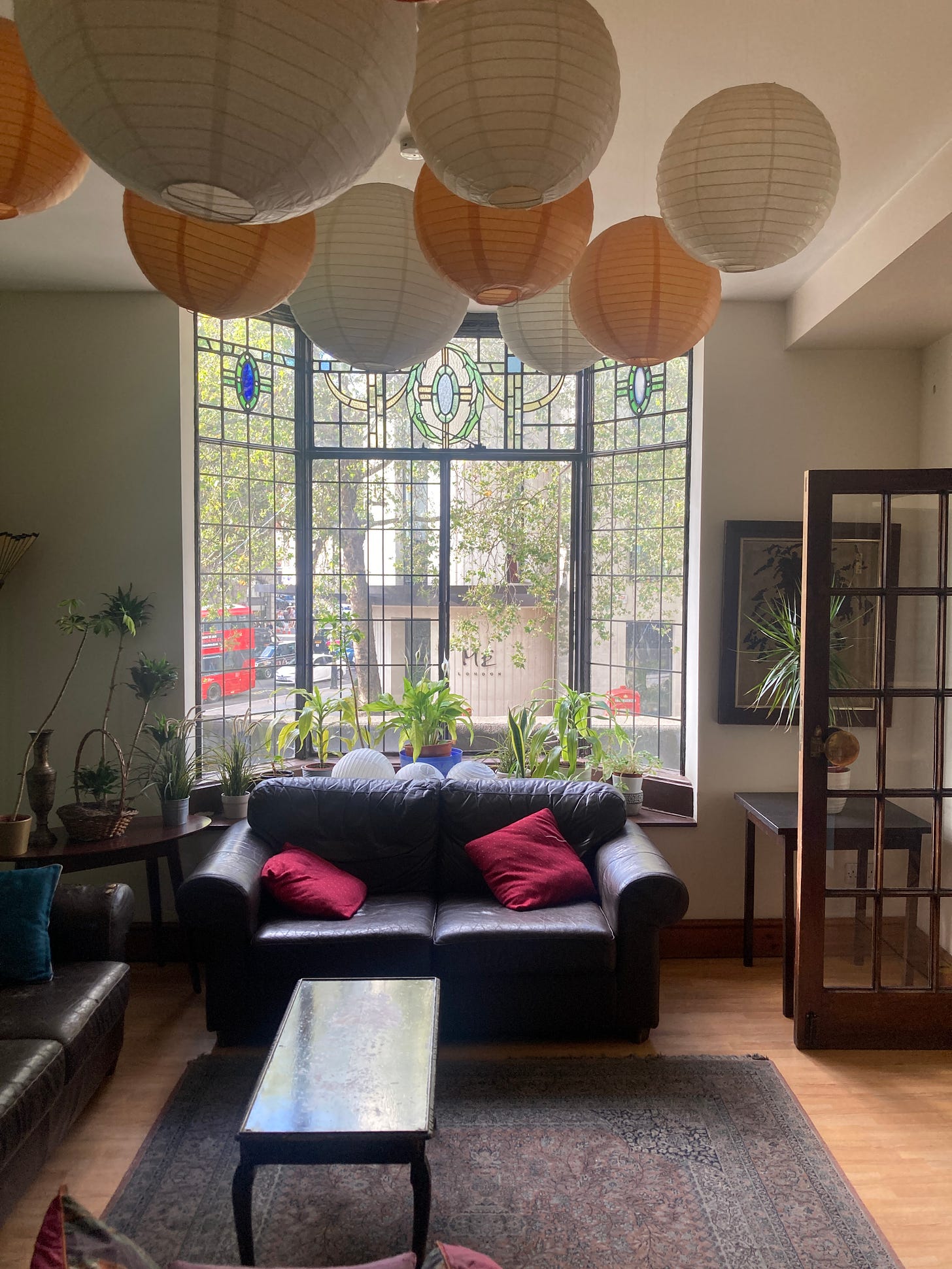One of central London’s few perfect living rooms, which also happens to sell drinks and dosas, will close its doors next week after six decades, to be converted by property developers into a luxury hotel. The India Club on the Strand was superfluous, to begin with. It started as a meeting place for the India League, founded in 1928 to campaign for Indian independence. But by 1964, the first year we can be absolutely sure the India Club was trading on the Strand, India had been independent for over a decade.
That didn’t stop The India Club from becoming a destination for Indians arriving in London, or a meeting place for organisations ranging from the Goan Association to the Curry Club. But it did give Historic England a reason not to ‘list’ the bar and restaurant — the main way of protecting a building in England — which would probably have saved it from its inevitably garish fate.
The property developers who are winning London — perhaps they have already won — might argue: “Why are you complaining? You’ll still have access to everything you could possibly need. There’s a cheap pub across the road, and another Indian restaurant a few doors down.” In a literal sense, they would be right. My friend Amba will lose the place where her grandparents courted, and I will lose the place where my fiancée and I had our first almost-date. A family will lose their restaurant, but London will not want for kingfisher beer and bhajis.
Sometimes you need someone from elsewhere to help you comprehend the strangeness of your own city. Of course, it helps if that person is also a trained semiologist. “The odd thing about London,” said my friend Davide, visiting from Palermo, “is that it attributes very little value to the superfluous.” To begin with, I was a bit perplexed by this, but the closure of the India Club has given me a way of understanding this rather abstract argument.
The argument that we are not able to make with enough force, as a collective of residents, is that the India Club is superfluous to our needs, but that we nonetheless want it. That its value lies beyond the mere function it serves. That it contains something mystic and beautiful — an eclectic customer base, a precise arrangement of knick-knacks that no longer serve their original purpose, and a quality of light I can’t quite explain — that makes it irreplaceable. At any rate, this is not an argument we can make powerfully enough to repel the profiteers, harbingers of luxury and blandness. This is not unique to London — think of the rural pubs that are now Airbnbs, or valuable residential properties — but for a long time it has felt like a problem that is overwhelming our capital city.
It is true that Historic England could have been a pain in the landlord’s arse by listing the building. Radical refurbishments would be needed to turn the building into a luxury hotel. Listing makes structural changes difficult; sometimes impossible. But Historic England is a heritage organisation; it is absurd that they were the only hope for saving the India Club. That is not the reason they exist. The real scandal is the fact that they were the only ones standing between a beloved (and successful) social asset and its unwanted conversion into a pointless hotel.
There is an almost total lack of democracy, in the etymological sense of the term, over what happens in the streets and buildings of our city. London had not ‘moved on’ from this old-fashioned bar and restaurant, which was a rare thing in the area: a cross-section of London, where you really didn’t know who you’d be sitting across from on any given evening. It achieved this not just by being reasonably priced, but by being instantly lovable.
Over 30,000 signed the “Save India Club” petition. Almost everyone seemed desperate to keep it: from readers of Eater London (R.I.P.), where I had my first real ‘break’ writing about the restaurant, to Indian MP Shashi Tharoor. When he heard on Twitter that the India Club was closing, his followers were outraged: “Why won’t the Indian High Commission do something?” asked one. (The nearby India Club has long been a favourite with its employees.) But not even diplomacy had the power to intervene. Everyone liked the India Club just as it was, except the only one who counts: the landlord.





